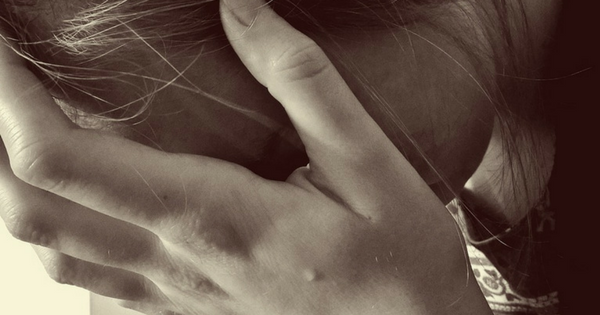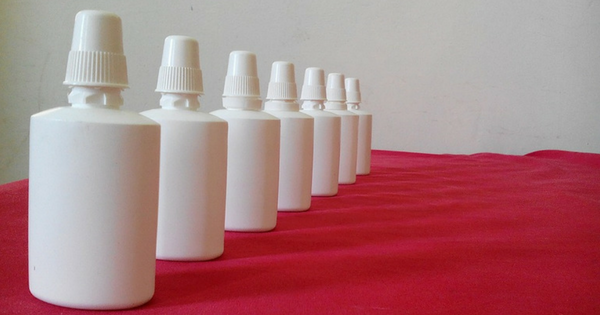A popular song asks, “How Can You Mend A Broken Heart?”. Well, researchers have found the answer to this question, and that is to take advantage of the “placebo” effect.
The “placebo effect” also called as “placebo response” is a circumstance where a “fake treatment” can improve a patient’s situation (e.g. when a person with illness is given a fake medicine and his situation improves).

This “placebo effect” has been found to help improve people who have experienced a breakup. Researchers from the University of Colorado-Boulder revealed that almost half of the people who participated in the study (40%) felt better emotionally and displayed less physical pain even after taking in a fake drug.
Dr. Leonie Koban, the study’s lead author, said that breaking up is one of the most negative emotional experiences a person can go through and that it can trigger for developing psychological problems. However, Dr. Koban also said that a placebo can have a powerful effect on people who are experiencing a broken heart.
“In our study, we found a placebo can have quite strong effects on reducing the intensity of social pain.”
The participants of the study were asked to bring a photo of their ex and a photo of their same-gendered friend while inside the functional magnetic resonance imaging (fMRI) machine. They were also exposed to pain using a “hot stimulus” where they felt pain on their arms. The fMRI machine lit up similar areas in the brain when they experienced physical pain and emotional pain (from seeing their ex).
Doing anything that you believe will make you feel better will probably really make you feel better.
They were then given a nasal spray. Half of the participants were told that it was a powerful pain reliever and half were told it was only saline solution. The participants then went back in the fMRI to experience emotional and physical pain.

After they went out of the fMRI, those who were given the placebo felt better and their brains also looked better. Feel good chemicals like dopamine were seen to have increased activity in their brains.
Dr. Wagner, the study’s senior author, said,
“The current view is that you have positive expectations and they influence activity in your prefrontal cortex, which in turn influences systems in your midbrain to generate neurochemical opioid or dopamine responses.”
Although the study did not specify whether the placebo had a direct effect in releasing such chemicals, the researchers theorized that it is what’s possibly happening.
On a final note, researchers concluded that doing anything that you believe will make you feel better will probably really make you feel better.
Sources: NY Daily News, Science Daily





